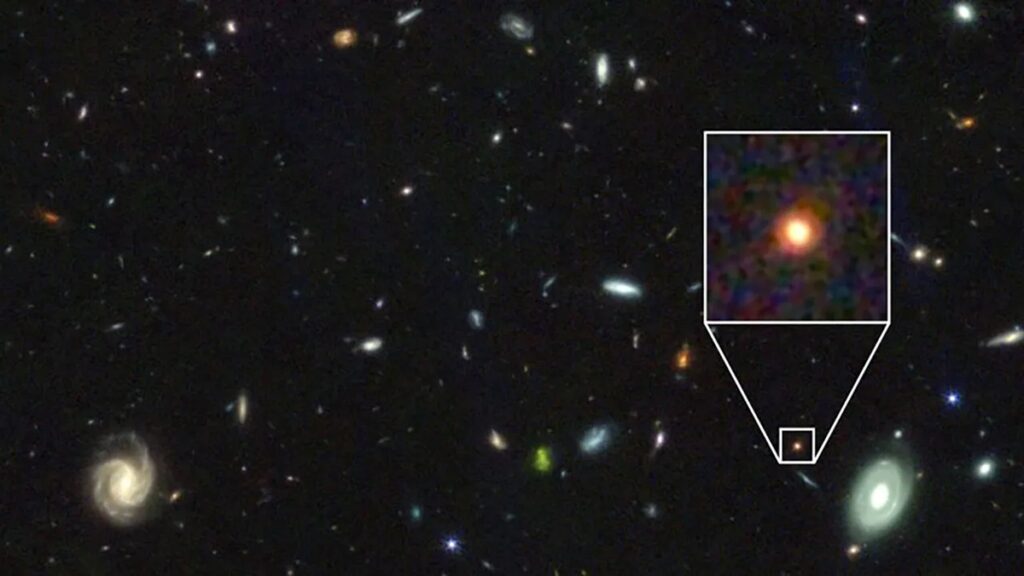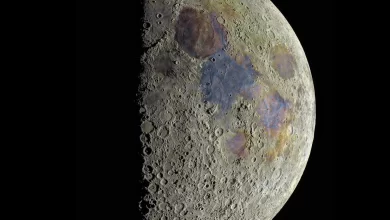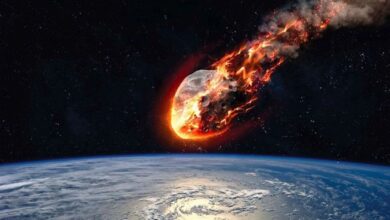The Universe Turns Out To Be Twice Older Than We Thought!

The Universe Turns Out To Be Twice Older Than We Thought!
A new study claims that the universe is twice as old as we thought, according to data from the James Webb Space Telescope. Here are the details!
New research published in the Monthly Notices of the Royal Astronomical Society suggests that the age of the universe may be about twice as old as previously thought.
The current model for determining the age of the universe has faced difficulties, especially with the discovery of ancient galaxies by the James Webb Space Telescope.
New Research Could Disprove All I Know About the Universe
This new research shows that the current model we use to age the universe is not only wrong, but data from the James Webb Space Telescope clearly refutes this model.
The most dominant cosmological model has faced several problems, especially since James Webb began observing the universe. One of the biggest problems occurred in what many call the “impossible early galaxy problem.” Essentially, this problem arose when Webb detected ancient galaxies that, according to our current model, should not have existed.
When that happened, several possibilities had to be considered. First, maybe James Webb’s data was wrong and the galaxy really wasn’t as old or far away as one might think, but all things considered, this seems highly unlikely. The other possibility was that the model we used to describe the age of theuniverse was wrong, or at least misidentified in some places.

How is the Age of the Universe Calculated?
The current model uses the “redshift” pattern of stellar light to determine the age and origin of our universe.So far, it has been estimated to be around 13.797 billion years when this time is calculated, but a new model trying to solve the “impossible early galaxy problem” suggests that theuniverse is actually 26.7 billion years, almost exactly twice the age of what we know.
Of course, this is still not a definitive conclusion, and we’re looking at a lot of assumptions here. Still, this new model could help us better measure the age of theuniverse, and it looks like we’ll continue to talk about it as James Webb and others observe our universelike never before.






